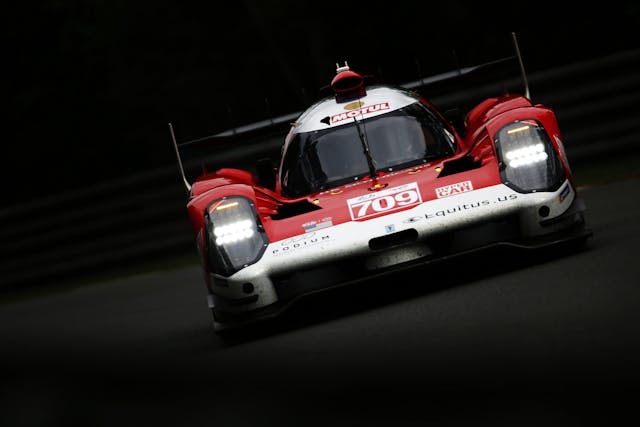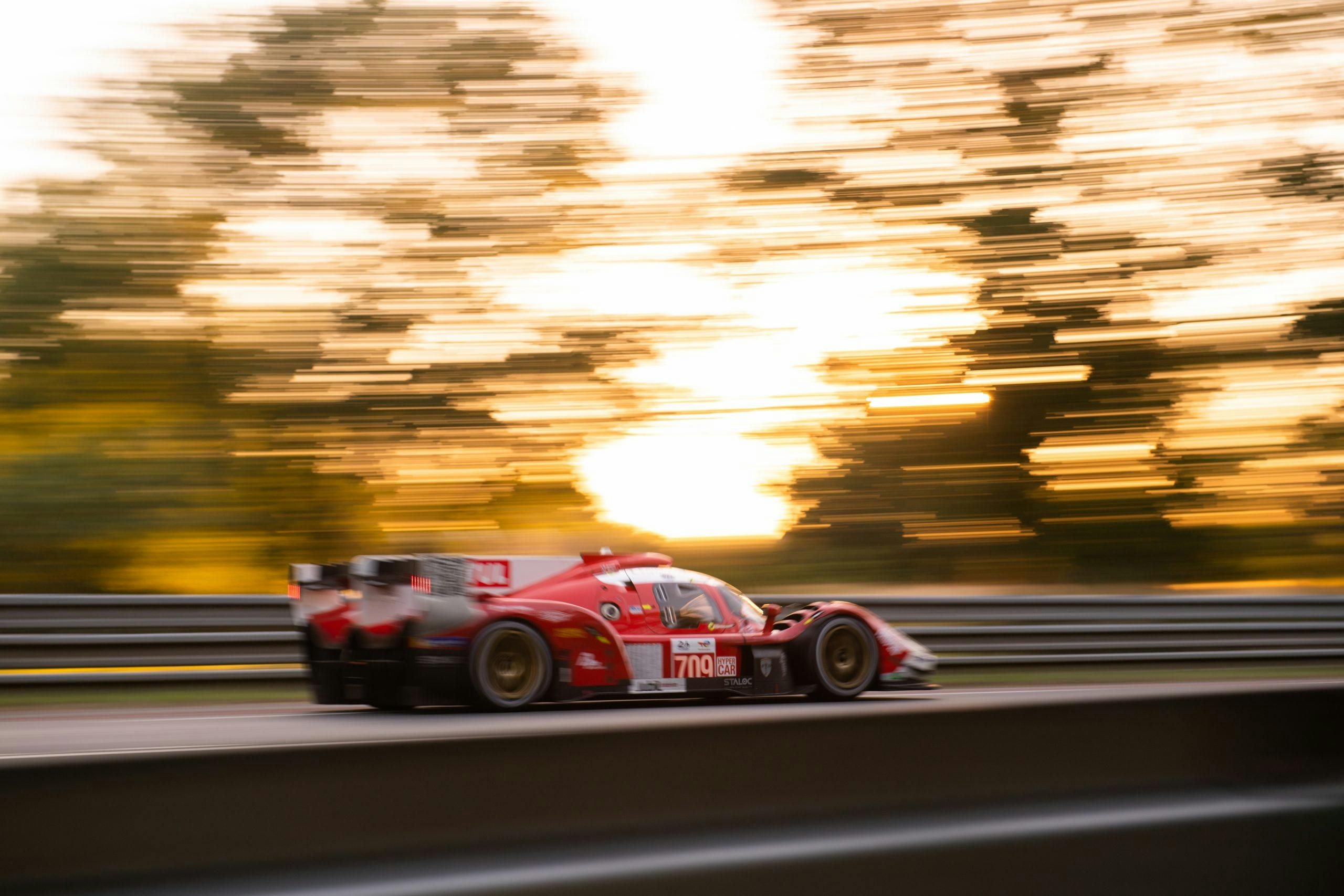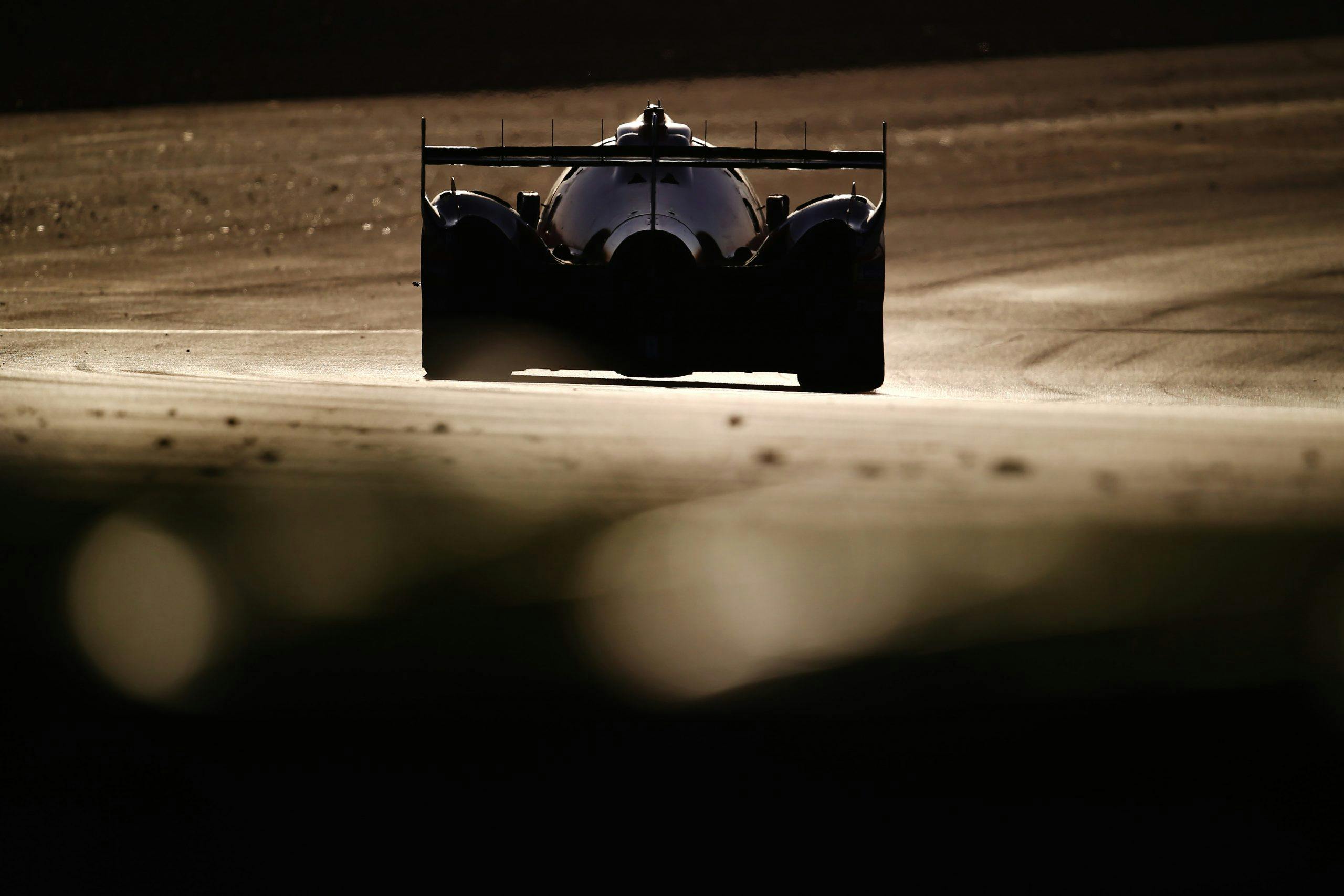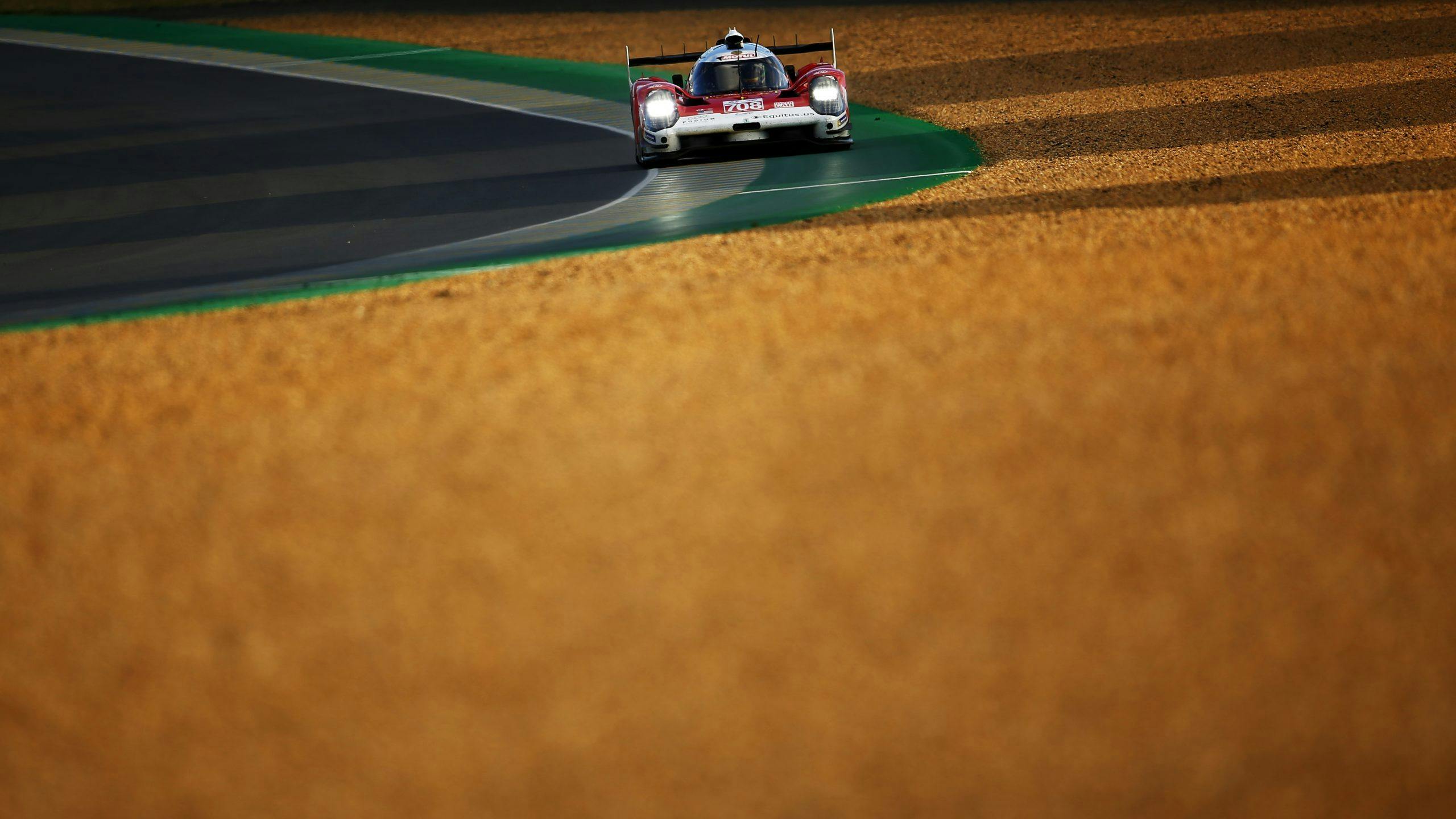American underdog Glickenhaus Racing storms to a podium at Le Mans
A couple of days before the public-road portion of Circuit de la Sarthe—the 38-turn course that annually hosts the 24 Hours of Le Mans—closed to the public, there’s a track walk for those inclined to hike around the 8.5-mile circuit. Jim Glickenhaus, the 71-year-old New Yorker who owns Glickenhaus Racing, decided to walk the whole thing. “I think it was just me and a photographer who made it all the way around,” he said. Other competitors took the tour on bikes and scooters.
“Six or seven times I was stopped by fans who recognized me from my cowboy hat,” says Glickenhaus. “They wanted to talk about the race, and the team, and take pictures. We’re a teeny team racing against giants.” He embraces the role; it’s one that was pioneered by other American men, who built sports cars on their own terms. “I think we’ve brought back the spirit of Carroll Shelby, of Jim Hall and Briggs Cunningham,” he says.
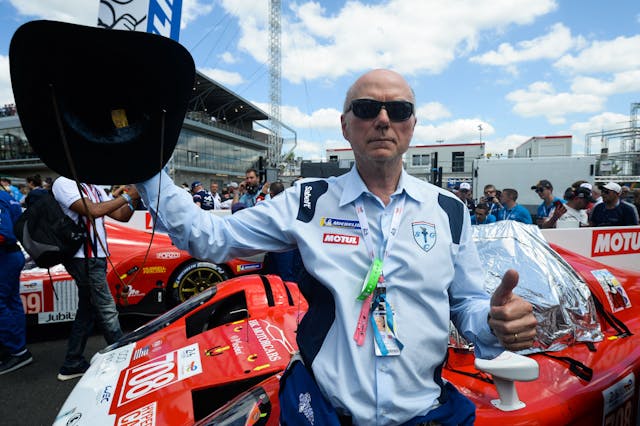
Of course, it’s easy—and completely accurate—to cast Toyota Gazoo Racing as Goliath and Glickenhaus as David. It’s estimated that the Glickenhaus fielded his two cars at Le Mans with approximately 10 percent of the Toyota group’s budget. Last Sunday, the two red-and-white factory-backed Toyotas won Le Mans outright, marching to the team’s fifth straight victory.
But the pair of Glickenhaus 007 prototypes kept them honest, finishing third and fourth out of 62 entries, and becoming the first American-built car on the overall podium in more than 50 years.
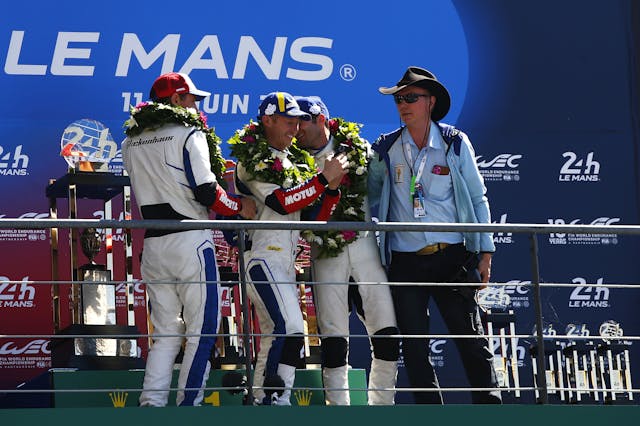
A lot of credit has gone to Glickenhaus and his crew. Rightly so. Some of the kudos, though, should be reserved for the stellar driver lineup, which featured Pipo Derani, Olivier Pla, Richard Westbrook, Ryan Briscoe, Franck Mailleux, and Romain Dumas. The fourth-place trio did a splendid job, bringing one of the cars back from 19th, while the other car pressured the Toyotas from third place the entire race.
Even Toyota was impressed. “Our strength compared to Glickenhaus is to adapt quickly to each set of conditions,” said Pascal Vasselon, Toyota GR’s technical director, in an interview with Autosport. “But they have the potential. Considering the youth of their car and their organization, it’s remarkable.”
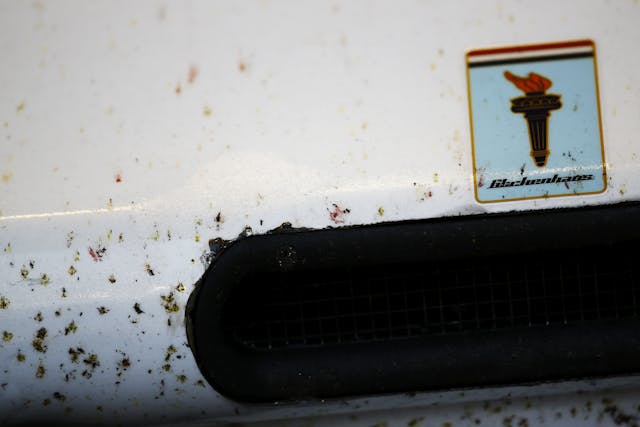
So who is Jim Glickenhaus? The man was once a filmmaker. He wrote and directed The Exterminator and Jackie Chan’s The Protector, and is responsible for 14 other movies. He’s also a businessman in the family corporation and one of the foremost private-car collectors. The crown jewel of his collection is the oldest surviving Ferrari, a 1947 Spyder Corsa, which won the Turin Grand Prix.
He’s also a manufacturer; the Glickenhaus nameplate builds and sells the 004 sports car, the 007 supercar, and the Baja Boot—an off-roader he battled with in the Baja 1000. So far, he’s sold 300 of his cars.
Right now, his company is working on a full-sized hydrogen fuel-cell pickup truck that can be refueled in 15 seconds. A long shot? Of course it is. But as the motorsports world learned at Le Mans, bet against Jim Glickenhaus at your peril.
